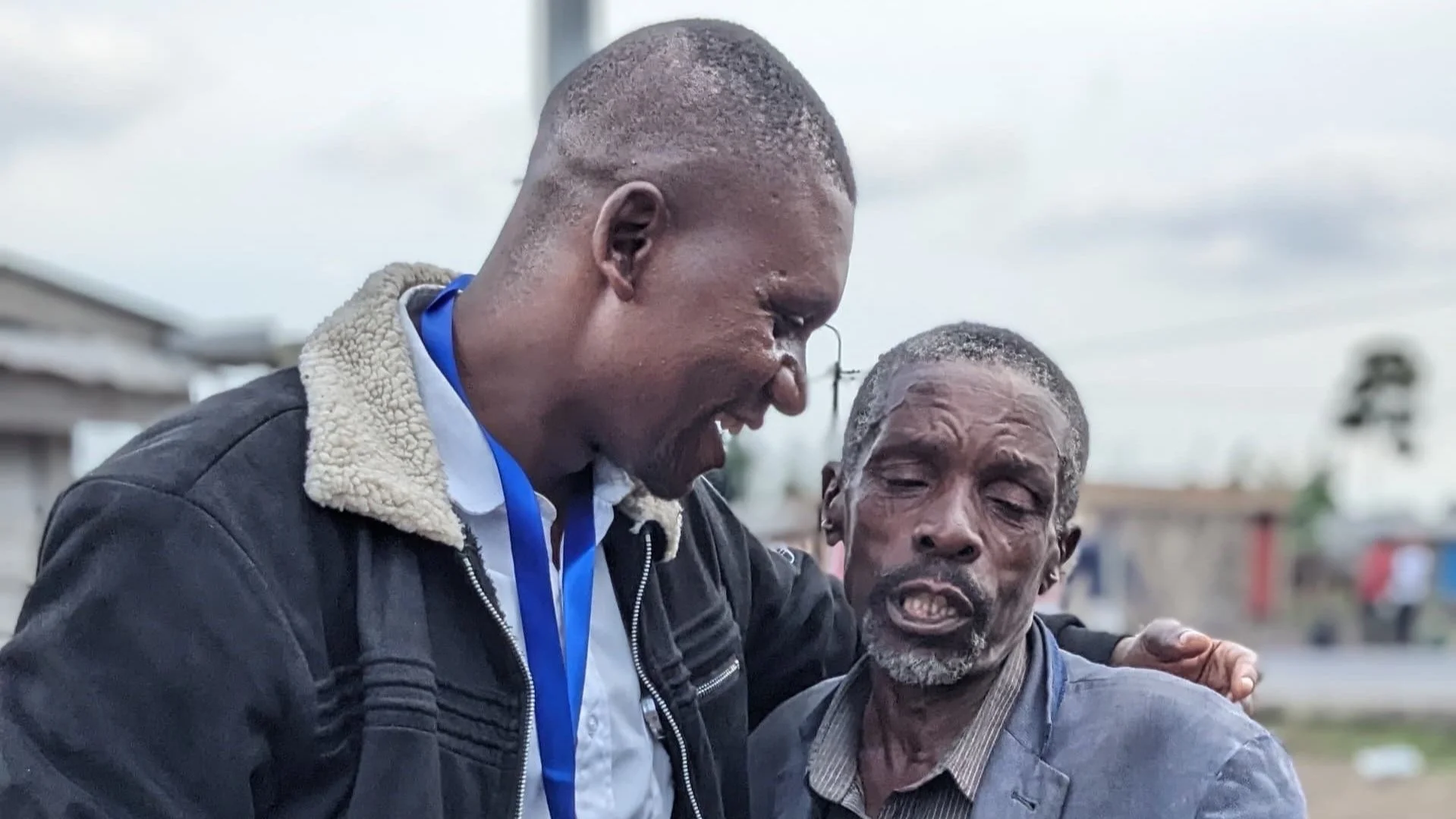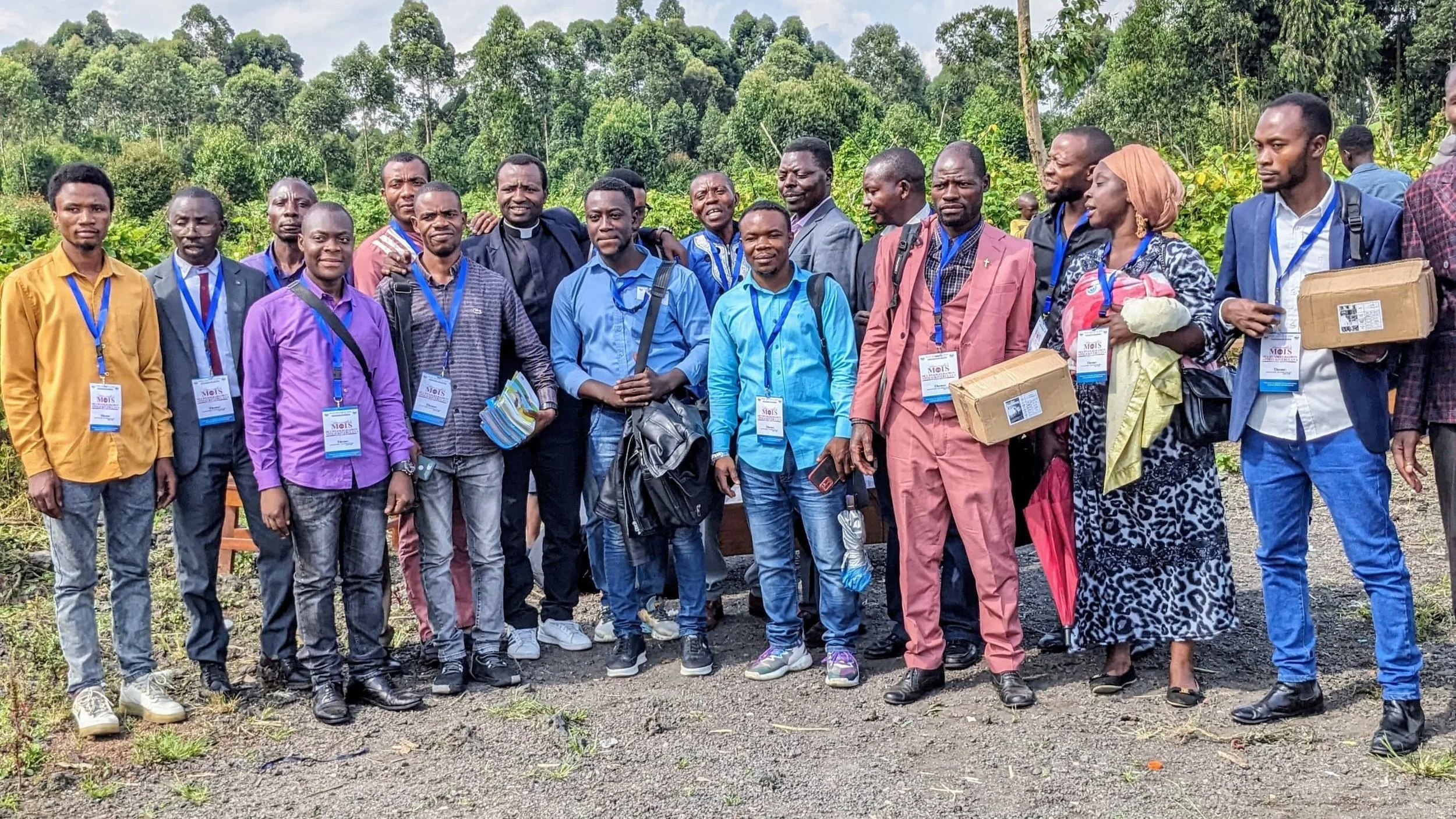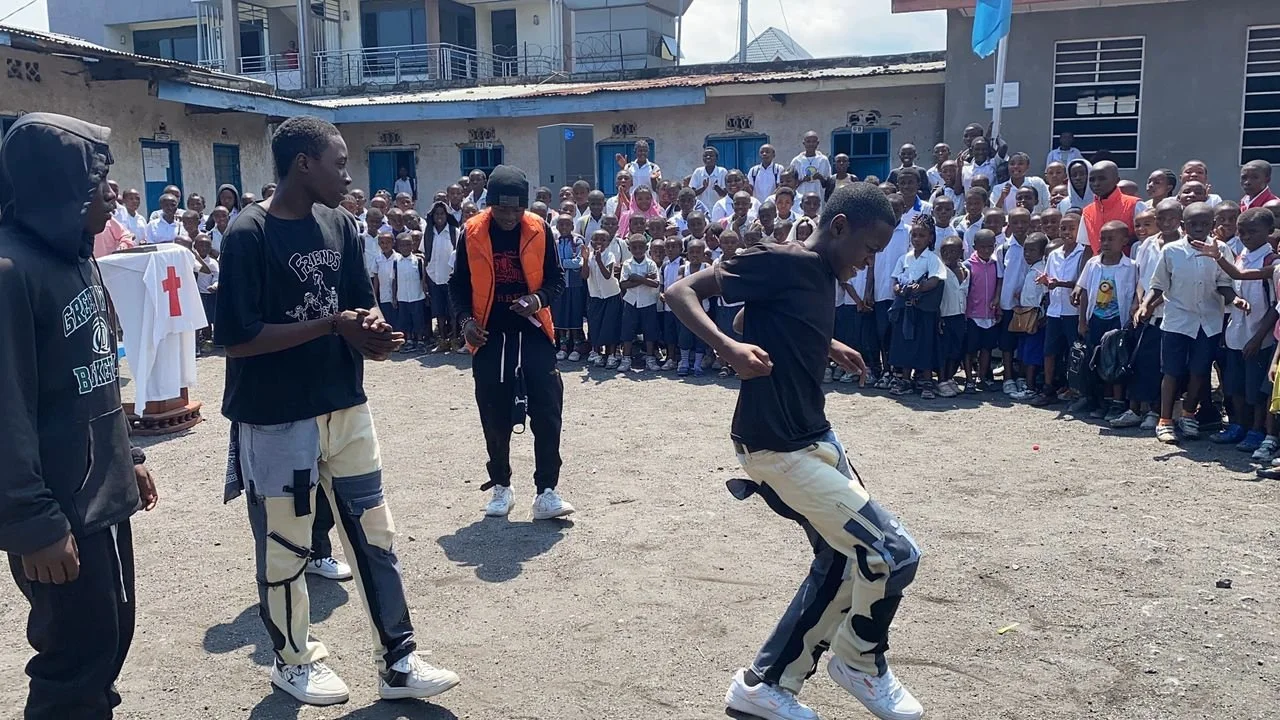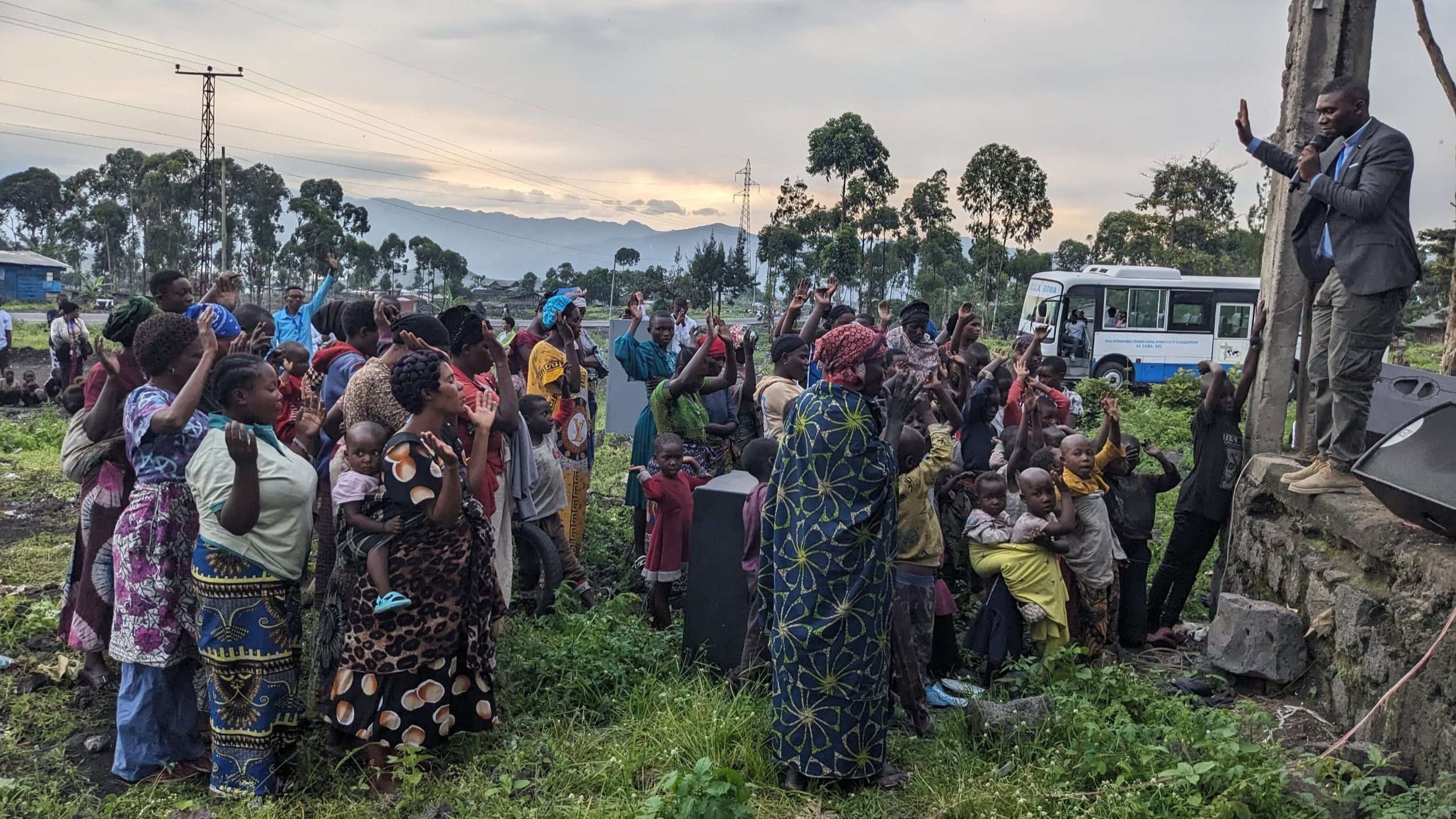Newsletter, 10 June 2025
Sadness and Hope
It is more than 4 months since the M23 rebels took the city of Goma with the help of the Rwandan army. Since then there are more and more reports surfacing of the atrocities committed across the city. Human Rights Watch and Amnesty are the most recent in-depth reports.
The individual stories of pain and trauma still surface relentlessly. Too many people have seen friends and relatives killed in front of them. A friend phoned a physiotherapist last week only to be told that her home had been attacked the night before and she would’t be available as she would be burying her relatives. Yesterday a colleague told me that his brother, a taxi-driver, was shot dead by the rebels early on Saturday evening.
An uneasy calm has descended on the city. There are fewer reports of kidnappings, fewer shots fired at night, fewer arbitrary beatings. The rebels are attempting to govern – opening institutions and levying taxes. But the once-vibrant city feels subdued. Cafés and restaurants have either closed or have only a handful of customers. Shops sells less than half what they used to. There are far fewer cars on the streets. The banks are still closed. As are the courts.
And there is a deep sadness. Music no longer plays in the streets. Weddings end at 6pm. NGOs have left and staff are not being replaced. The UN is depleted. Many of our kids’ school friends have gone, with over 200 of their school’s 500 children chosing to leave the city, many never to return. In another city-centre school 1,200 pupils have left.
In one of the fastest growing citoes of the world, known for enrepreneurship and vision and energy, people simply wait. Wait for things to change, wait for outside help, wait for promised peace deals, wait for a better future. NBC recently did a good short report about what is at stake with the US minerals deal.
Stories of Hope
But there are also so many stories of hope. Every year in May the Anglican Church of Congo holds a week of evangelism to celebrate the founding of the church in 1896 by a Ugandan CMS missionary, Apolo Kivebulaya.
This year we focused on four school sites in the city of Goma as well as a fledgling chapel. During the week over 6,000 school children and others heard the Gospel and well over 1,000 responded in faith. The challenge now is the follow-up.
Our fledgling chapel is in Lushagala, one of the churches we built last year in an IDP camp. But since the IDPs have been forced to return home it feels a bit isolated, slightly away from population centres. There were around 17 church members that remained, and we wondered about its viability. But many responded to the Gospel during the week of evangelism and by the end of the week dozens had trusted in Jesus. On Saturday we baptised 14 of these new believers in the (rather choppy) lake at the bottom of our garden, and this Sunday over 80 people were in church at Lushagala.
And then this Pentecost Sunday I had the joy of confirming 72 believers in another parish, with many more from others parishes waiting their turn. Our head of evangelism is talking of a spiritual awakening in Goma. We are certainly seeing an openness and receptivity, where the church is seen by many as the one remaining institution that they can still trust.
How can you pray?
For all those who responded to the Gospel, that they would grow in their faith
For those involved in the various DRC peace negotiations
For the gathering of all of our clergy next week in Goma
For our schools, see here for a taste of what life is like in one of our primary schools in the north of the city.






